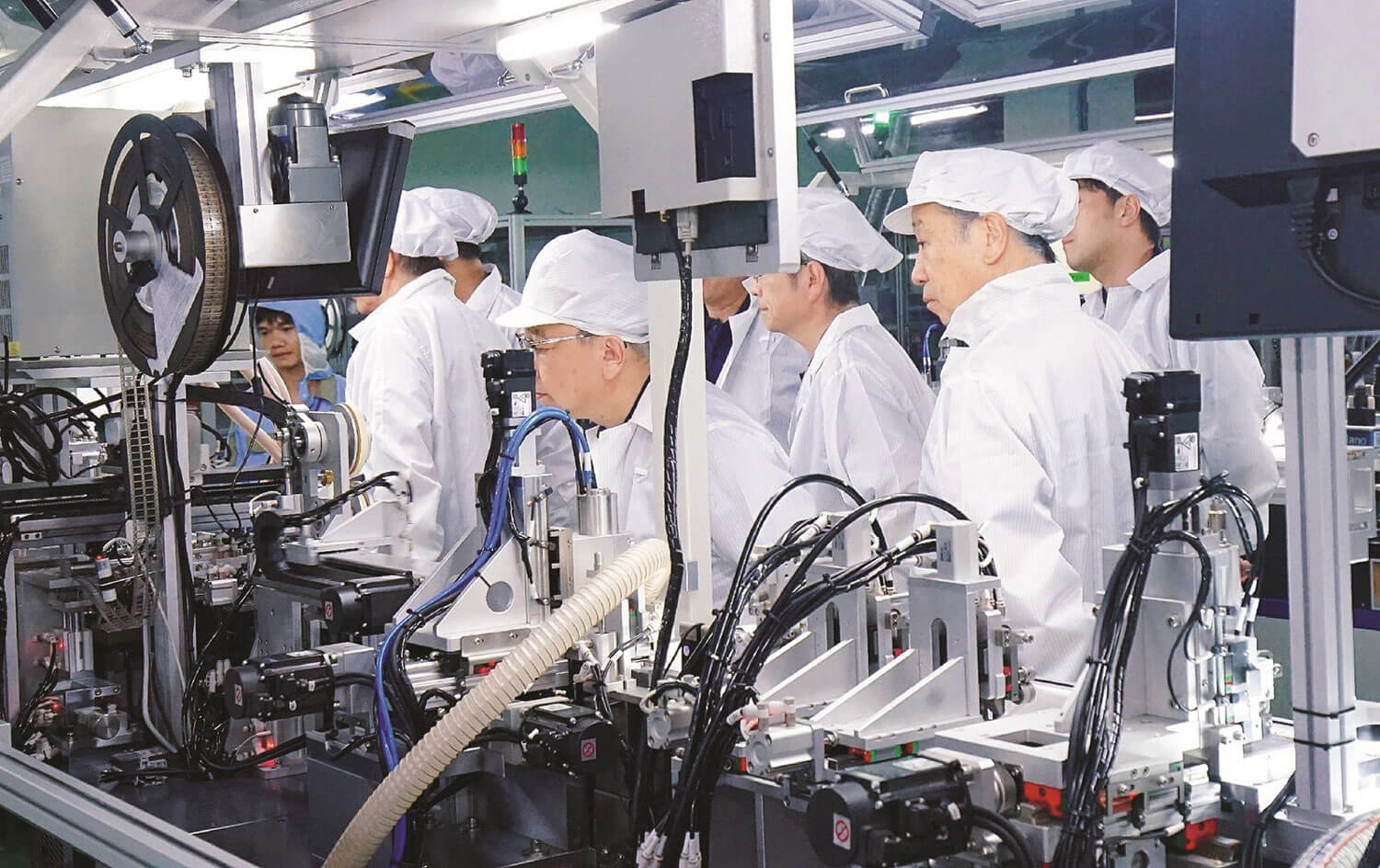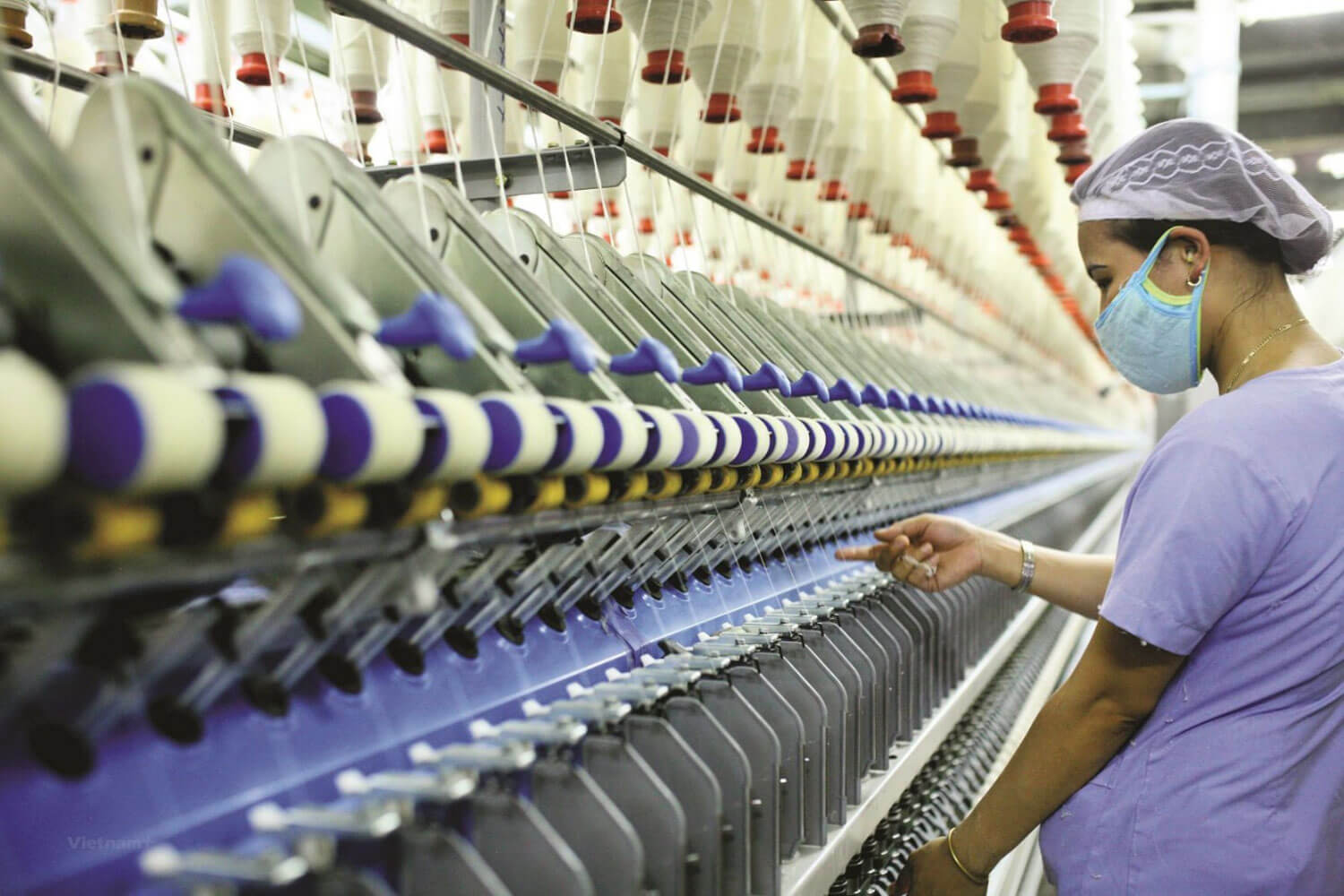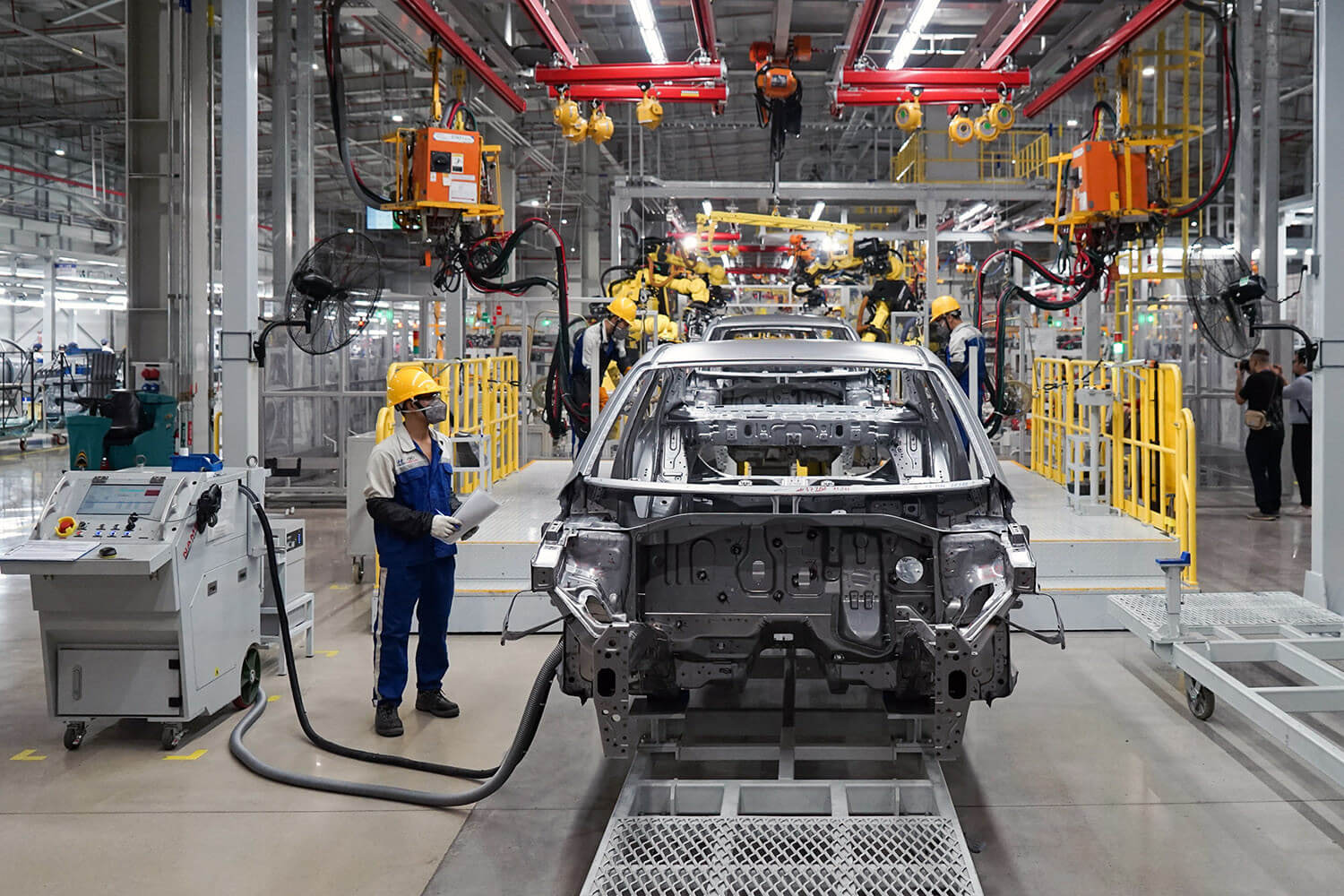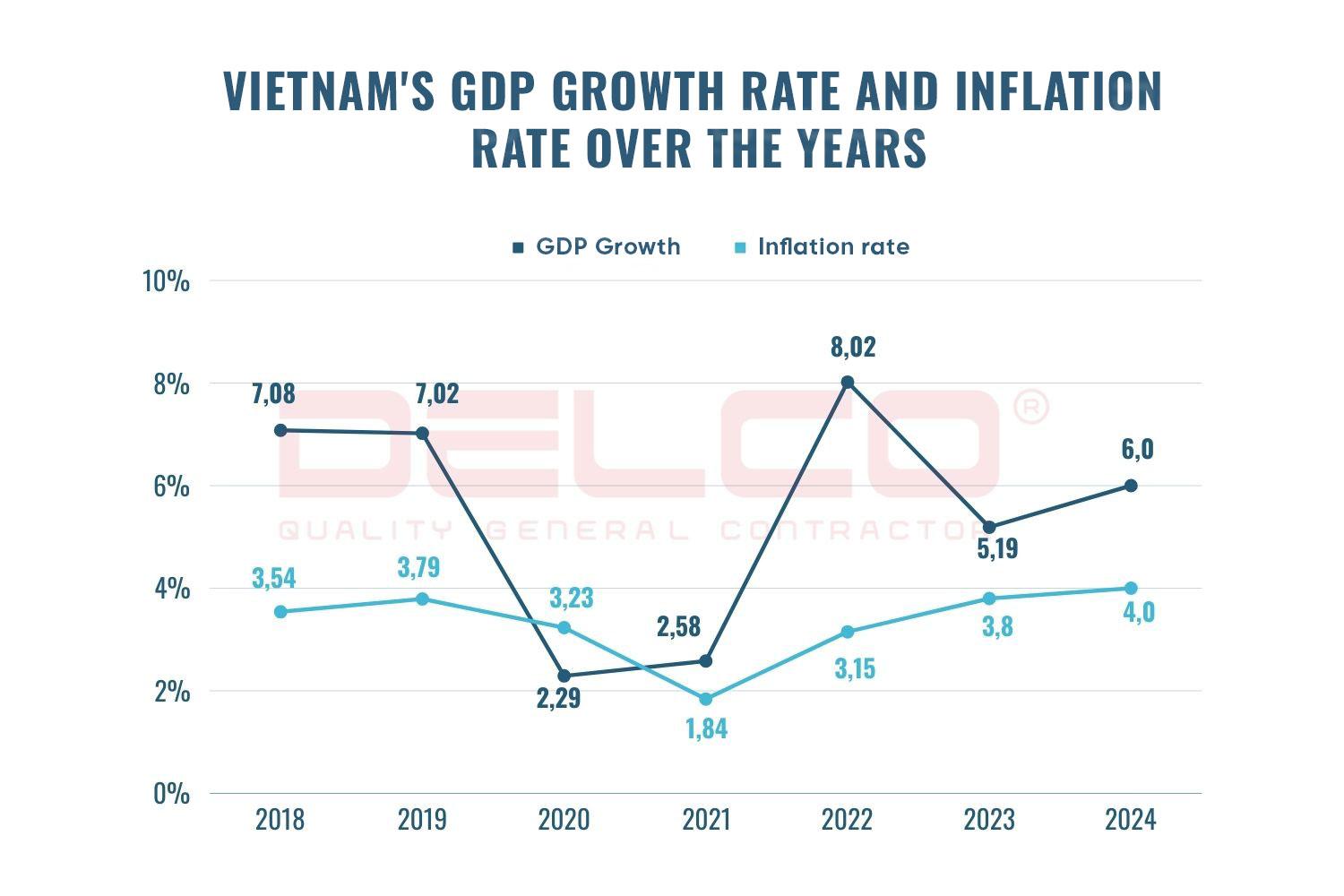FDI enterprises have brought millions of job opportunities to Vietnamese workers. However, recruiting and managing Vietnamese workers have encountered many difficulties due to differences in personality and culture between investors and workers. Understanding the culture and characteristics of Vietnamese people will facilitate better connection between both parties, enhancing work efficiency.
Language & Regions
Vietnam is a country with 54 ethnic groups: Kinh, Hmong, Tay, Thai, Gia Rai, Ede, Khmer… among which the majority are the Kinh people. In areas such as the Northwest, Central, Central Highlands, and Southwest in Vietnam, it’s still possible to encounter ethnic minorities living and working, yet most of them can use basic Kinh language. The Kinh language – Vietnamese is also the official language in Vietnam, predominantly used in legal documents and daily life.
Regarding cultural geography, Vietnamese people are divided into three main regional cultures: the North, the Central and the South. This article presents some characteristics of Vietnamese workers in all three regions.

The cultural & educational level in Vietnam
Currently, the rate of higher education among Vietnamese youth is generally not high compared to the region (about 35%), due to various post-secondary options such as studying abroad, working overseas, vocational training, or entering the workforce directly in factories… This diversity in post-secondary choices has resulted in a rather diverse workforce environment in Vietnam in terms of educational backgrounds and skill sets.

During the period of economic integration, Vietnam has focused on foreign language training, especially English and Japanese. According to a report by the Japan International Exchange Foundation, Vietnam ranks 6th globally in the number of people learning Japanese, totaling 169,582 individuals. In recent years, due to the increasing wave of investment from South Korea and China, Vietnam has focused on training in Chinese, Korean… to meet the labor demands of FDI enterprises.
At this time, Vietnam is in the phase of a golden population and has reached over 100 million people. According to the General Statistics Office, Vietnam’s labor force in the third quarter of 2023 increased to 52.4 million workers aged 15 and above. The proportion of skilled laborers holding qualifications and certificates has also increased by 0.5% compared to the previous quarter and 1% over compared to the same period last year. In addition, the unemployment rate is gradually decreasing, standing at only 2.28% among the working-age population and 7.63% among youth aged 15-24.
However, similar to China, Vietnam is also facing the problem of low birth rates, mainly in three regions that account for 39.4% of the country’s population: the Southeast, the Mekong Delta and the Central Coast. This situation arises from Vietnamese people tending to marry late, preferring fewer or no children, having longer intervals between childbirths, increasing urbanization rate and economic development leading to pressures in seeking employment, housing, living expenses, childcare, and education costs for children,…
See more: Vietnam’s economic situation in 2023 and prospects for 2024
Personality characteristics and working culture of Vietnamese workers
Ingenuity and meticulousness
Vietnamese people are generally relatively skillful in small tasks that require meticulousness and precision. Many people can repair their own electrical systems, plumbing in their homes or check and maintain motorbikes, bicycles when facing minor issues. However, in the workplace, Vietnamese people have difficulty maintaining this quality of ingenuity, often focusing solely on the initial phases of work and paying less attention to the final product’s completion.
“Rubber time”
In general, the punctuality consciousness among Vietnamese workers is quite poor. They easily miss trains or miss appointments and often do not consider these issues as significant. Vietnamese workers are perceived to lack commitment to deadlines in their work. When working in foreign enterprises, Vietnamese people need time to overcome this weakness.

Vietnamese workers need to overcome weaknesses in working hours when working at foreign enterprises.
High Self-esteem
Vietnamese individuals exhibit a high sense of self-esteem and tend not to showcase their mistakes. Unlike Japanese people, Vietnamese people find it challenging to admit, “I can’t do it”, or “I’m not confident”, when facing with tasks beyond their abilities. This tendency can significantly impact the execution process of tasks and the achieved outcomes.
Vietnamese people also dislike being criticized or reprimanded publicly, so managers in FDI enterprises need to pay attention to this aspect when managing Vietnamese workers in factories and workshops.
Emphasis on Family
Due to the influence of Confucianism, Vietnamese culture highly values family. They believe that spending time with family is the most important. Hence, if there are family events (weddings, funerals, building a new house, family illnesses…) Vietnamese people will prioritize requesting personal leave instead of focusing on working at the company. If leave requests are denied, some workers are willing to skip work to attend important family events.
Quick learning
Vietnamese people are eager to learn with the ability to grasp things quickly. However, they rarely study a subject thoroughly, resulting in fragmented knowledge and a lack of fundamentals. In addition, learning is not an individual’s personal goal (when they were children, they studied for family; when they grew up, they studied for reputation, for seeking a job, rather than for intellectual curiosity or passion).
Gift-giving culture
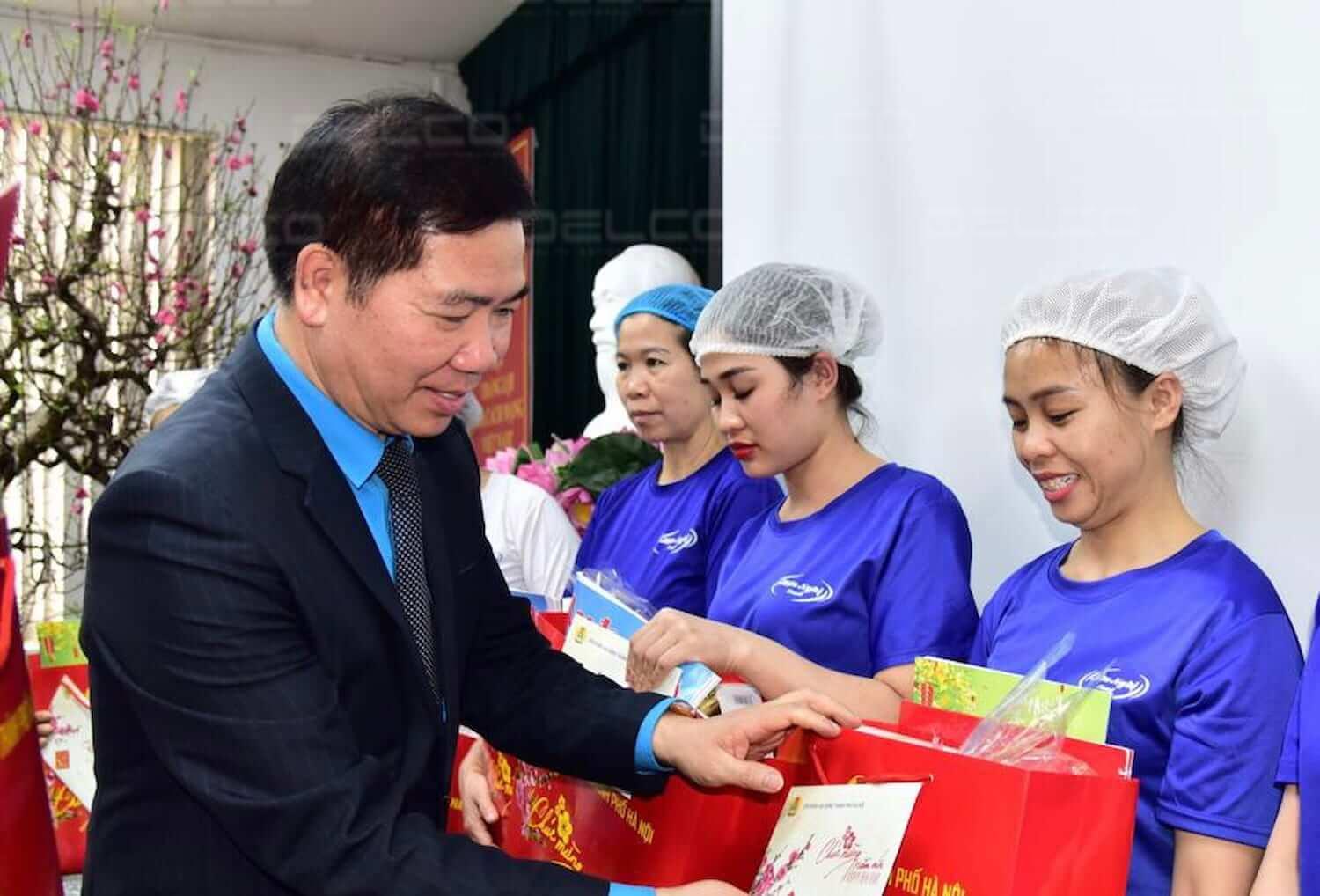
Gift-giving during celebrations and festivals has been a long-standing cultural tradition in Vietnam. During the Mid-Autumn Festival, Vietnamese workers are often given traditional mooncakes. During the Lunar New Year, almost all companies will give out lucky money and gifts, extra month salaries and bonuses,…
Giving gifts on important occasions helps businesses to express gratitude and appreciation for the contributions of their employees throughout the year of dedicated work.
Respect for work-life balance
The characteristic of Vietnamese workers is that they always want to have work – life balance, ensuring energy regeneration and enhancing productivity. Vietnamese people like to take a break after strenuous work periods and enjoy having lunch with colleagues. This helps create a positive working environment and better relationships between company members.
Respect elders & superiors

Vietnamese workers are very respectful of their superiors and hierarchy. This is evident in the fact that every decision or announcement in a business must be approved from the highest level. When exchanging business cards, Vietnamese people always bow slightly and offer their card to the person with the highest position first. Moreover, when communicating with older people, they often use honorifics to express their respect and politeness.
Vietnam’s consumer market in 2023
Vietnam is not only a market abundant in labor resources with diverse skill sets but also a rapidly growing and promising consumer market, especially in the sectors of electronics, cosmetics, as well as retail sectors such as FMCG, food products,… According to statistics from the General Statistics Office in 2022, consumer spending accounted for 60% of income.
Vietnamese people today tend to search online for many necessary products and services for their lives. They are also increasingly smarter in choosing and comparing prices of products, paying more attention to value and quality than their brands.

In 2022, the internet economy accounted for 5.7% of GDP, equivalent to 23 billion US dollars, with online shopping making up the largest proportion at 60%. In the era of Industry 4.0, social media platforms such as Instagram, YouTube, TikTok… have significantly influenced the purchasing decisions of the young generation. Gen Z is especially interested in skincare products, cosmetics, jewelry, shoes, personal care items, and food for takeaway or home delivery. This is considered a new wave in product consumption in Vietnam.
According to research by the American Institute of Society and Shirofune, Numbers & Events Magazine, General Statistics Office,
Vietnamese workers’ psychology when negotiating salary



